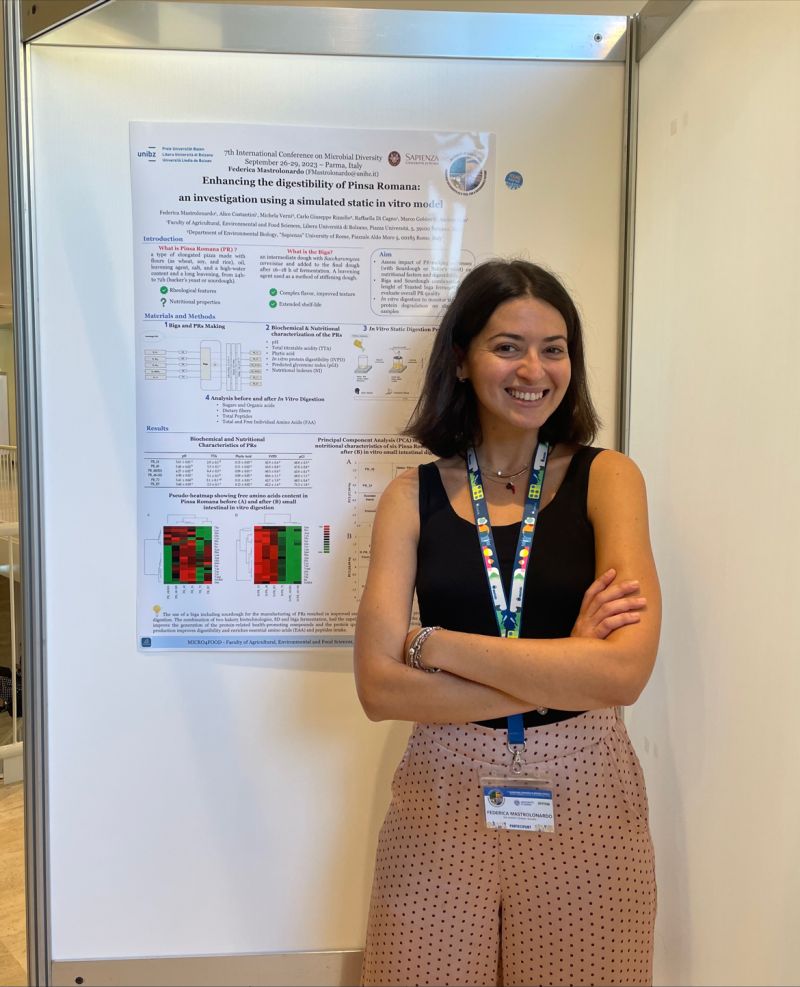Renowned Speakers

Carvern Shamu
Cambridge International College(CIC) South Africa

Ewa Maj
Polish Academy of Science Poland

Huang Wei Ling
Medical Acupuncture and Pain Management Clinic Brazil

Federica Mastrolonardo
Free University of Bozen-Bolzano Italy

Francis Thaise A. Cimene
University of Science and Technology of Southern Philippines Philippines

Matteo Mariano
ASL FG Teresa Masselli Mascia Hospital Italy

Ken’ichi Ohtsubo
Niigata University of Pharmacy & Applied Life Sciences Japan

Annie Chimphango
Stellenbosch University South Africa
Recommended Global Agri, Food & Aqua Webinars & Conferences
Europe & UK
Asia Pacific & Middle East
Canada
FOOD SUMMIT 2026
To Collaborate Scientific Professionals around the World
Conference Date May 28-29, 2026
For Sponsors & Exhibitors
Speaker Opportunity
Useful Links
Past Conference Report
Supported By
All accepted abstracts will be published in respective Conference Series International Journals.
Abstracts will be provided with Digital Object Identifier by
